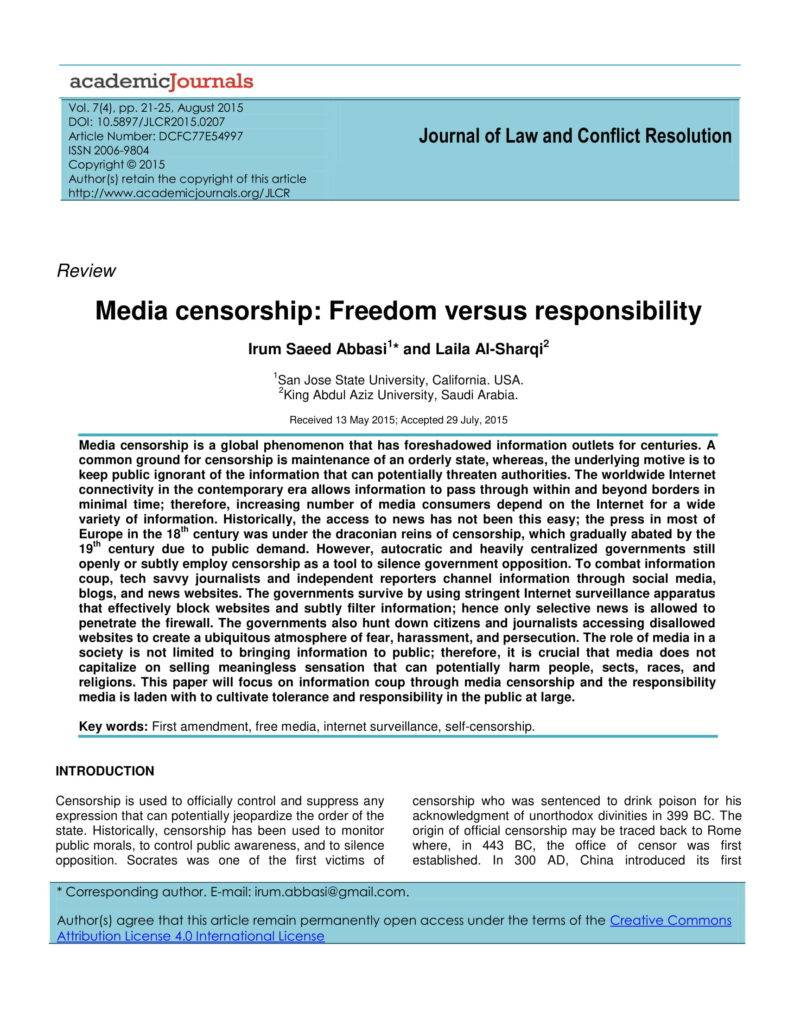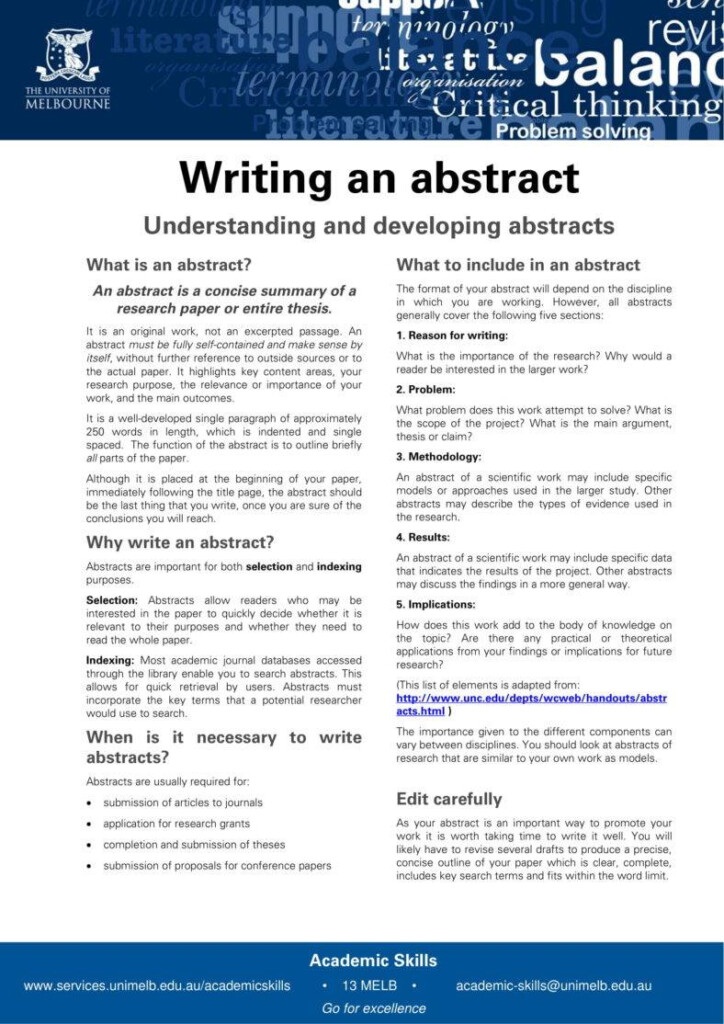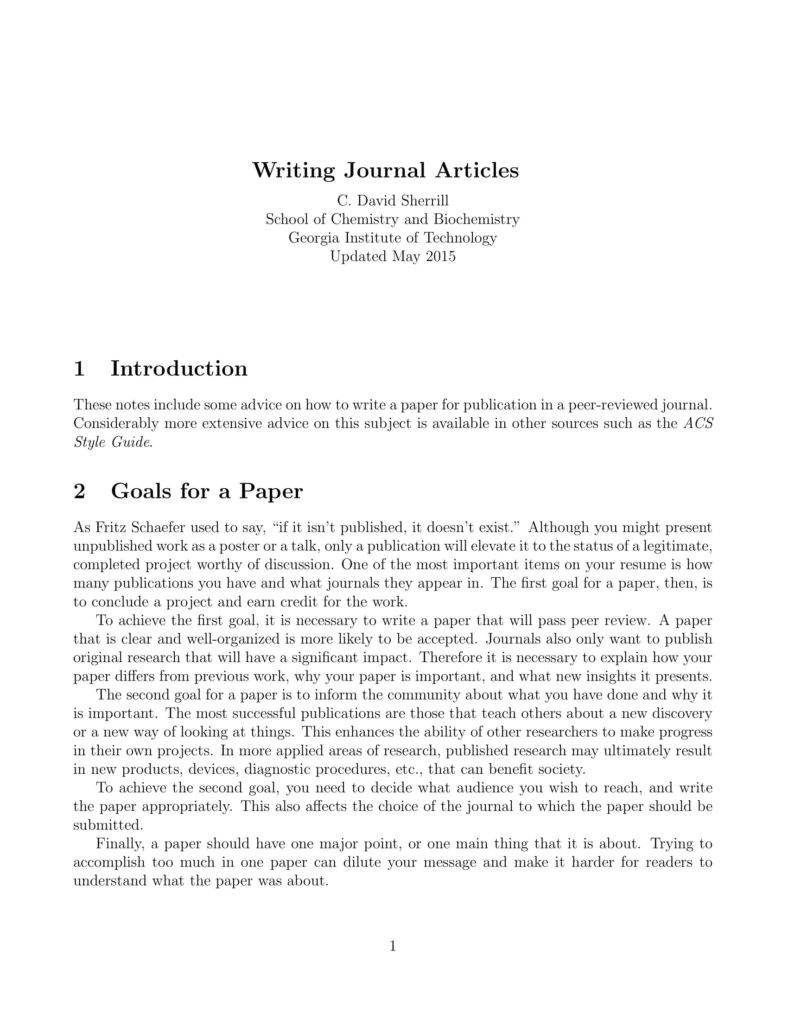How To Write A Journal Template – Journaling is a effective tool for organization, creative thinking, and individual development. Nonetheless, it can really feel frustrating without a clear structure. That’s where journal themes can be found in– a ready-to-use structure to help you arrange your ideas and enhance your journaling experience. How To Write A Journal Template.
What Are Journal Templates?
Journal layouts are pre-designed designs that supply a organized format for journaling. Whether you’re preparing your day, tracking routines, or assessing life, these layouts serve as a foundation, making journaling a lot more easily accessible and effective.
Why Usage Journal Templates?
Without a structured style, journaling can really feel chaotic. Templates simplify the process by using a well-balanced design, ensuring you stay concentrated and constant with your journaling practice.
Advantages of Using Journal Templates
- Simplifying Your Operations: Journal templates save time by removing the requirement to develop layouts, permitting you to concentrate on your jobs and goals.
- Enhancing Performance: A well-organized journal improves time monitoring and guarantees you remain on top of your concerns.
- Enhancing Creativity and Uniformity: Design templates spark creativity via unique designs and help maintain uniformity in your journaling regimen.
Types of Journal Templates
- Bullet Journal Templates: Perfect for developing to-do lists, tracking tasks, and managing tasks.
- Gratitude Journal Templates: Concentrate on cultivating positivity by taping things you’re grateful for each day.
- Daily Planner Templates: Ideal for arranging your day and maintaining your jobs arranged.
- Behavior Tracker Templates: Display practices like exercise, analysis, or meditation effortlessly.
- Academic Journal Templates: Made for trainees to track assignments, deadlines, and research study routines.
Attributes of an Efficient Journal Template
- Customizable Design: Adaptable designs permit you to tailor templates to your requirements.
- User-Friendly Style: Simple layouts ensure ease of use for both newbies and skilled individuals.
- Digital vs. Printable Formats: Select in between green digital layouts or responsive paper choices.
How to Pick the Right Journal Layout
- Specify Your Purpose: Make a decision whether you’re journaling for productivity, creativity, or individual development.
- Analyze Your Requirements: Select layouts that line up with your goals and day-to-day activities.
- Consider Your Preferred Tool: Pick in between electronic tools or standard paper journals based on your convenience degree.
Where to Find High-Quality Journal Templates
- Online Platforms: Internet sites like Etsy and Pinterest supply a wide variety of themes.
- Apps Offering Pre-Designed Templates: Discover applications such as Idea and GoodNotes for integrated themes.
- Do it yourself Options: Get innovative by designing your own theme for a individualized touch.
Personalizing Your Journal Templates
- Including Personal Touches: Integrate shades, stickers, or prices estimate to make your journal absolutely unique.
- Devices and Resources for Personalization: Usage software application like Canva or Adobe Illustrator to modify templates easily.
Tips for Maximizing Your Journal Design Template
- Developing a Regular: Devote a particular time each day for journaling to develop uniformity.
- Keeping Your Journal Organized: Use tabs or areas to categorize different areas like work, individual life, and pastimes.
- Reviewing and Reflecting Consistently: Take time to review your entries to ensure you’re lined up with your objectives.
Digital vs. Paper Journal Templates
Benefits of Digital Templates
- Practical and environmentally friendly.
- Accessible throughout several tools.
The Appeal of Paper Templates
- Tactile and distraction-free.
- Perfect for those who delight in conventional journaling.
Selecting What Functions Ideal for You
- Trying out both formats to locate the one that matches your way of living best.
Popular Tools for Creating Journal Templates
- Canva: Perfect for designing aesthetically magnificent templates.
- Microsoft OneNote: Great for electronic note-taking and journaling.
- Idea: Perfect for productivity-focused design templates.
- GoodNotes: Outstanding for creating transcribed notes and electronic planners.
Real-Life Applications of Journal Templates
- Individual Development: Track your goals, habits, and reflections to promote self-improvement.
- Professional Use: Strategy projects, take care of jobs, and improve conferences successfully.
- Academic Success: Organize researches, projects, and timetables for better academic performance.
Common Mistakes to Prevent with Journal Templates
- Overcomplicating the Layout: Maintain designs easy and practical to prevent fatigue.
- Overlooking Performance: Focus on functionality instead of simply aesthetic appeal.
- Not Upgrading Routinely: Periodically review and modify your layout to remain pertinent.
Verdict
Journal themes are a game-changer for any person aiming to arrange their life while improving creativity and efficiency. With plenty of alternatives offered, there’s a theme to fit every demand– whether individual, expert, or scholastic. Begin checking out journal themes today and experience the makeover they give your routine!
FAQs
- Q: What are the best platforms to discover journal templates?
- A: Etsy, Pinterest, Concept, and GoodNotes are excellent starting factors.
- Q: Can I develop my own journal template?
- A: Definitely! Tools like Canva make developing personalized layouts a breeze.
- Q: Are electronic themes much better than paper ones?
- A: It depends upon your choice. Digital themes supply benefit, while paper ones provide a tactile experience.
- Q: Exactly how typically should I update my journal design template?
- A: Evaluation your layout monthly to ensure it aligns with your current objectives and tasks.
- Q: What’s the easiest way to start journaling?
- A: Begin with a easy pre-designed template and progressively tailor it as you expand comfortable.


